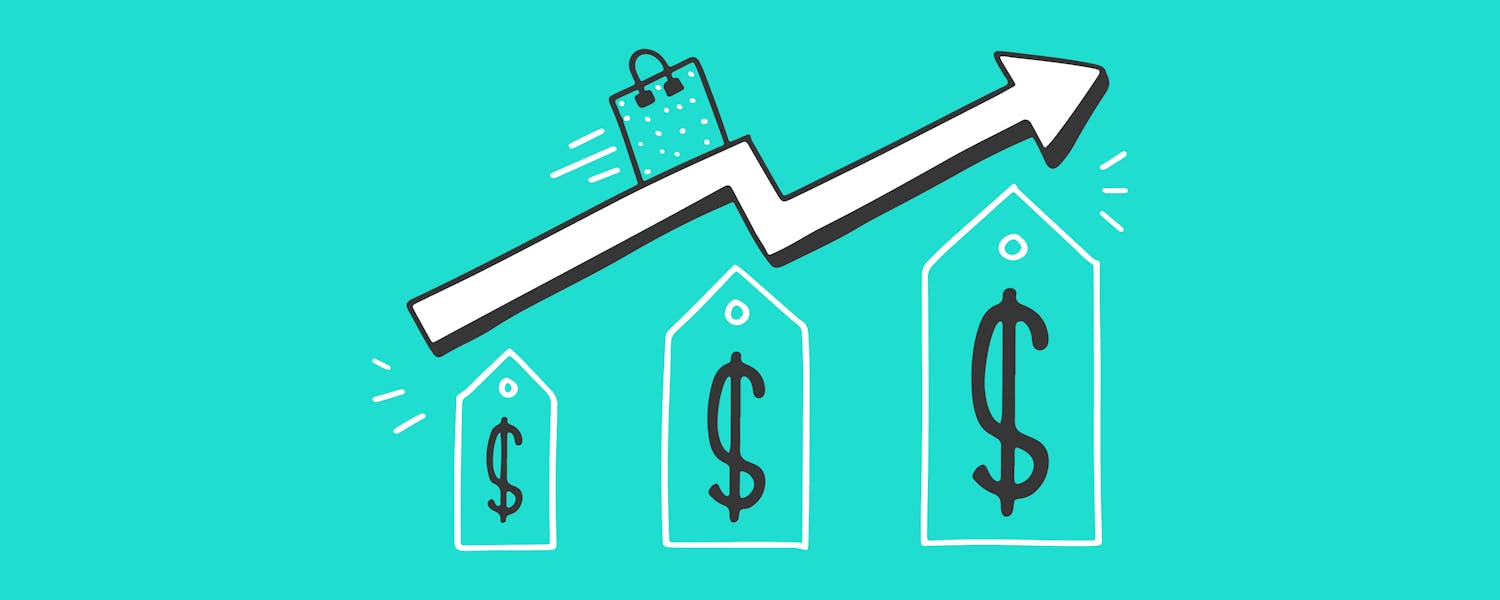What to do Before Buying Expensive Things
No matter how much money you make, taking your time before buying expensive things is always important.
Whether you like to give expensive gifts or spoil yourself, it's important to consider the purchase first because even millionaires can be broke if they don’t have the right budgeting strategies.
Before you buy anything you consider expensive, consider these tips.
What Defines Expensive?
Each person has a different definition of 'expensive' as it depends on your budget.
For example, an item costing $100 could be expensive to one person but only a fraction of another person's spending allowance.
The key is to have a working budget and to know the right questions to ask yourself before purchasing anything that isn't a necessity. Whether the item is $1 or $1,000, considering how you spend your money is important.
How to Determine if You Should Buy The Expensive Items
Envato/Rawpixel
Cost aside, it's always important to ask yourself some important questions when shopping for anything that isn't vital to your everyday well-being.
Before making an impulse purchase, consider these buying strategies.
Can you Afford It?
First, of course, you must determine if you can afford the item you’re thinking of purchasing.
To determine this, you must have a budget that’s broken down into paying for needs, wants, and savings.
|
Needs: are things you need to survive, such as housing, transportation, medical care, insurance, utilities, and food. These are non-negotiable and should be handled first before any other expenses. |
Wants: are items you don’t need but would like to have. Everyone should have room in their budget for wants, but how much you set aside depends on your income and budget. |
If the item exceeds 30% of your income or takes up too much of your money budgeted for wants, you may want to skip the purchase or wait until you have enough money saved for it.
Envato/alinabuphoto
 Are there Better Options?
Are there Better Options?
Before making an expensive purchase, make sure there aren’t better options available by doing your purchase research. This includes:
- Cheaper prices: Check other retailers to see if anyone has it priced cheaper
- Coupons or promo codes: Search online for a coupon or promo code that may help lower the price
- Alternatives: Look for similar alternatives that may cost less, especially if the item is brand name
Do you Need It?
This question is a tough one, especially at the moment. It may feel like you need it because you’ve fallen in love with it, and ‘have to have it.
Instead of purchasing impulsively, follow the 3-day rule, which means delaying gratification.
Give yourself three days after finding the item. If after that time, it's still on your mind, go through with the steps to determine if you can afford it. However, you may find that you forget about it and didn't need it after all.
Envato/FabrikaPhoto
Other questions to ask yourself include:
- Will it change your life for the better? Consider whether you could live without it or if it’s something you ‘must have’ to improve your life.
- How often will you use it? Determining how often you’ll use the item will help you put into perspective whether it’s worth the opportunity cost it creates since it will take money from something else you could purchase.
- What is it worth to you? Some purchases are priceless to you, and as long as they fit within your budget, they make sense for your situation.
How are you Paying for It?
If you've gone through the above steps and decided you 'need' the item, the next step is determining how you'll pay for the expensive purchases.
Envato/Vladdeep
If you don’t have the cash, you should consider putting the purchase on hold.
Putting the item on a credit card increases its cost because you’ll pay interest charges on the balance. However, this doesn’t mean you can’t purchase it eventually.
If you don’t have cash for the full amount, consider creating a savings plan to buy it when you have enough cash
How to Budget to Buy What You Want
So, how do you budget to buy what you want?
Start with the 50/30/20 budget, setting aside 30% of your income for wants.
But you must also budget within that category. If you waste the 30% you saved, you won’t have any money for the bigger items you find.
Consider splitting up your 30% budget into what you can spend however you want and what you will save for larger purchases.
This helps you stay out of credit card debt while also being able to purchase what you want.
Envato/AmnajKhetsamtip
Using the 50/30/20 budget and saving some of your ‘wants’ money for future purchases is also a great way to leave your standard savings alone.
The 20% of your income you set aside for savings should be for longer-term goals, such as an emergency fund, buying a house or car, home or car repairs, medical expenses, and retirement.
Final Thoughts
Keeping your spending habits within reason is a big part of budgeting and reaching your financial goals.
Spending and saving money are key components of your everyday budget, but knowing the right questions to ask and proper factors to consider before making an expensive purchase is key.
Whether you're purchasing a gift or buying something for yourself, take a step back and give yourself time to consider if it's worth it.
Not only does this put distance between you and the emotion that you 'must have it,' but it also allows time to do smart shopping, doing purchase research, and finding the best price if you decide the purchase is worth it.





